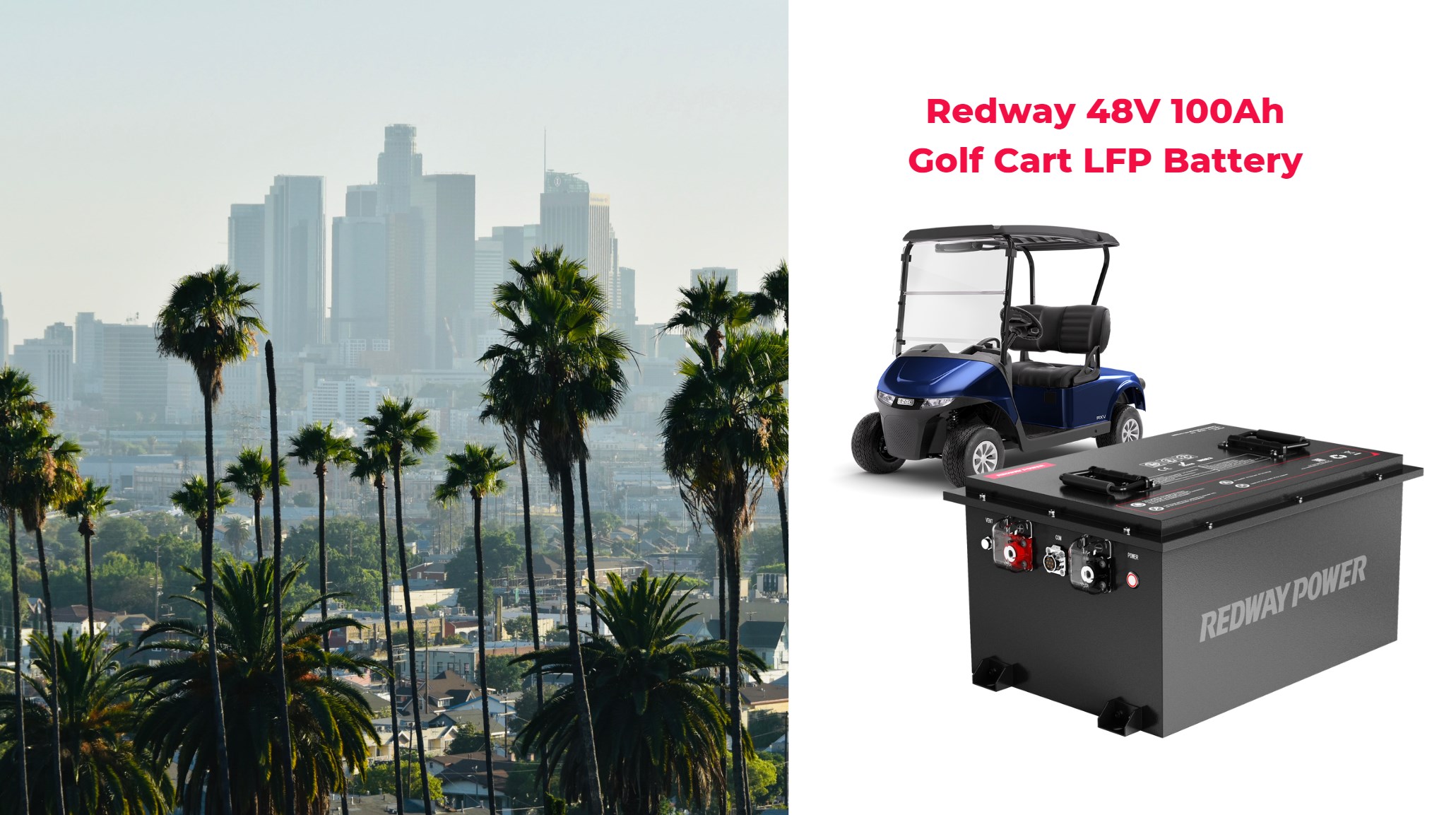In California, golf carts and low-speed vehicles (LSVs) are subject to specific regulations. Golf carts can be driven on public roads in designated areas if they are registered and insured. LSVs require a valid driver’s license, registration, and must comply with safety standards to operate legally on public roads.
Understanding Golf Cart and LSV Regulations in California
As golf carts and LSVs gain popularity for recreational use and short-distance travel in California, understanding the legal framework surrounding their operation is essential. This comprehensive guide outlines the laws governing golf carts and LSVs in California, ensuring compliance and safety for all users.
Licensing and Registration Requirements
- Golf Carts:
- Private Property: No driver’s license or registration is required for use on private property.
- Public Roads: Golf carts must be registered with the California Department of Motor Vehicles (DMV) if operated on public roads. They also need liability insurance.
- Low-Speed Vehicles (LSVs):
- Driver’s License: A valid driver’s license is mandatory to operate an LSV.
- Registration: LSVs must be registered with the DMV.
- Insurance: Liability insurance is required.
Age Restrictions
- For both golf carts and LSVs, operators must typically be at least 16 years old with a valid driver’s license when driving on public roads.
Safety Regulations for Golf Carts and LSVs
Ensuring safety while operating golf carts and LSVs is crucial. Below are key safety regulations to consider:
- Equipment Requirements:
- Golf carts must have functioning headlights, taillights, turn signals, and rearview mirrors when driven on public roads.
- LSVs are required to meet specific federal safety standards, including seat belts, windshields, and other essential safety features.
- Speed Limits:
- Golf carts are generally restricted to a maximum speed of 25 mph when used on public roads.
- LSVs may operate at speeds up to 25 mph but cannot exceed this limit.
- Insurance Requirements:
- While golf cart insurance is not always mandatory for private use, obtaining it is advisable for liability protection.
- LSVs must have liability insurance as per state regulations.
Local Ordinances
Local municipalities in California may impose additional restrictions or requirements regarding the use of golf carts and LSVs. Some towns have designated routes for these vehicles or specific hours of operation. It is vital to check local laws before operating your vehicle in a new area.
Latest News
- Recent legislative discussions in California have focused on expanding the areas where golf carts can be legally operated, particularly in residential communities.
- The California Department of Transportation has proposed new guidelines to improve safety for golf cart and LSV users on public roads.
- Community feedback indicates strong support for increased accessibility of these vehicles as eco-friendly transportation options.
Redway Expert Comment
“In our extensive experience with lithium LiFePO4 batteries designed specifically for golf carts and LSVs, we understand the critical role that reliable power sources play in enhancing performance. As more Californians embrace these vehicles for convenient travel, it’s essential to prioritize compliance with local regulations while ensuring optimal battery performance. Our custom battery solutions provide the reliability needed for safe operation on public roads.”
Conclusion
Navigating the requirements for operating golf carts and LSVs in California is essential for both legal compliance and safety. Whether using these vehicles for leisure or transportation, staying informed about state laws will help you enjoy your ride responsibly. For those looking to enhance their golf carts or LSVs with high-quality lithium LiFePO4 batteries, Redway Battery offers tailored solutions that meet modern demands.
FAQs
What are the specific regulations for golf carts in California?
In California, golf carts are considered street legal only when they meet specific safety requirements. To be classified as street-legal, a golf cart must have:
- At least one headlamp
- At least one tail lamp
- A stop lamp
- Front and rear turn signals
- Front and side reflectors
- A rear reflector
- A rear-view mirror that shows 200 feet to the rear
- A horn
- Fenders
- A windshield made of safety glass with wipers
Golf carts can operate on roads with speed limits of 25 mph or lower, but they cannot be used on highways. They are exempt from registration if used solely on golf courses or within one mile of a golf course.
How do California’s laws for LSVs differ from those for golf carts?
Low-Speed Vehicles (LSVs) in California must be registered and insured, unlike golf carts. LSVs are defined as vehicles that can travel between 20 and 25 mph and must comply with Federal Motor Vehicle Safety Standards (FMVSS). They require a vehicle identification number (VIN) and can be operated on roads with speed limits of 35 mph or lower. Operators of LSVs must have a valid driver’s license.
What are the penalties for violating golf cart and LSV laws in California?
Violating California’s golf cart and LSV laws can result in fines or citations. Penalties may include fines for operating a non-compliant vehicle, driving without a valid driver’s license, or failing to adhere to safety equipment requirements. Specific fines depend on the nature of the violation.
Are there any recent changes to California’s golf cart and LSV laws?
Recent discussions have focused on clarifying the distinction between golf carts and LSVs, particularly regarding registration requirements and safety standards. However, no major legislative changes have been enacted recently that significantly alter existing laws.
How do California’s laws for golf carts and LSVs impact their usage in public areas?
California’s laws allow for limited use of golf carts in public areas, primarily restricted to designated streets with lower speed limits. This impacts their accessibility in urban settings, where they can only operate under specific conditions. In contrast, LSVs have broader access to public roads, provided they meet registration and safety standards, allowing for greater flexibility in their use compared to golf carts.




